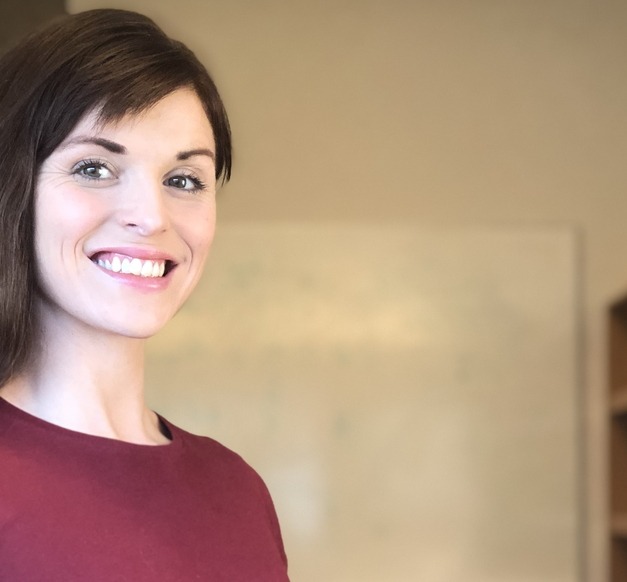
Anna Hulda Ólafsdóttir, assistant professor of industrial and mechanical engineering
Research scientists at the University of Iceland are currently participating in a joint European project on designing a new set of integrated assessment models to make Europe a low-carbon society. Non-governmental organizations and policy-makers are also involved in the development of the integrated assessment models (IAMs).
Mankind is currently facing unprecedented threats in environmental issues with species dying out leading to massive biodiversity loss if no action is taken. Countries all over the world are thus setting policies to permanently reduce both pollution and emissions of greenhouse gases. The European Union member countries have already taken measures with the European Green Deal for the world's first climate-neutral continent by 2050. But how are the member states and other countries around the world to achieve their goals? What solutions are available and what are the consequences of the decisions made for society, the economy and the environment?
To answer these questions, it is necessary to design a new set of assessment models, which is the goal of LOCOMOTION - ‘Low-carbon society: an enhanced modelling tool for the transition to sustainability’ that began last summer. "We are going to develop Integrated Assessment Models - IAMs to provide policy-makers and relevant stakeholders with a reliable and practical modelling system to assess the feasibility, effectiveness, costs and ramifications of different sustainability policy options," says Anna Hulda Ólafsdóttir, assistant professor of industrial and mechanical engineering at the University of Iceland. Anna Hulda is a collaborator on the project with Kristín Vala Ragnarsdóttir, professor at the Faculty of Earth Sciences.
"We intend to develop accessible and user-friendly models that take into consideration relevant environmental, economic, social, technological, and biophysical variables, and their complex interaction in order to enable and support policy-makers in making informed decisions for a low-carbon society," says Anna Hulda, and adds that the models will be developed in collaboration with prospective users to maximise practicability.

There are several models already in place according to Anna Hulda. However, they have certain limitations concerning sustainability and the possibilities of evaluating future scenarios. "Most current models do not take sufficiently into account the world's finite resources and ecosystems; our aim is to redress that," she adds. The plan is that the new integrated models take the world's finite resources of mineral- and fossil fuel supplies into account, as well as the natural limitations of ecosystems. "We intend to develop accessible and user-friendly models that take into consideration relevant environmental, economic, social, technological, and biophysical variables, and their complex interaction in order to enable and support policy-makers in making informed decisions for a low-carbon society," says Anna Hulda, and adds that the models will be developed in collaboration with prospective users to maximise practicability.
A large interdisciplinary group of research scientists are involved in the project; all of whom are working on research and development projects concerning energy, sustainability and the environment. Anna Hulda has specialised in system dynamics assessment models, a powerful tool to facilitate evaluation of complex issues. She has conducted research using systems dynamic models in connection with natural resources, food chain, biofuel, sustainability etc.
The LOCOMOTION project received over six million Euros, or almost 820 million krona in grants from Horizon 2020, the biggest EU Research and Innovation programme. Fellow collaborators of the representatives from the University of Iceland are from universities, and science- and research laboratories in Austria, Spain, Greece, Portugal, Serbia and Italy, as well as the European Environmental Bureau, Europe’s largest network of environmental citizens' organisations, and The United Nations University - Institute for Environment and Human Security (UNU-EHS).


